Across the globe, religious communities stand as beacons of hope, offering solace, guidance, and a powerful call to action for justice. In the fight against human trafficking, their role is particularly crucial. Faith leaders and congregations possess the unique ability to:
- Reach a vast audience: Places of worship and religious organizations bring together diverse communities, creating fertile ground for raising awareness about this hidden crime.
- Amplify the message: Religious teachings often emphasize themes of compassion, human dignity, and the fight against injustice, naturally aligning with the cause of anti-trafficking.
- Build trust and support: Survivors of trafficking frequently seek solace and support within faith communities, where they can find understanding, acceptance, and resources for healing.
Strategies for Effective Awareness Creation:
- Sermons and Teachings: Integrate the issue of human trafficking into sermons, prayers, and religious education programs, highlighting its prevalence, impact, and how religious values can guide action.
- Community Events: Organize film screenings, workshops, and panel discussions featuring survivors, experts, and advocates to educate and engage congregants.
- Volunteer Opportunities: Encourage involvement in anti-trafficking initiatives, such as supporting shelters, mentoring survivors, or advocating for policy changes.
Guiding Principles for Religious Engagement:
- Trauma-informed approach: Recognize the sensitive nature of the topic and prioritize survivor well-being.
- Focus on empowerment: Frame the conversation around survivor resilience and the power of communities to combat trafficking.
- Interfaith collaboration: Build bridges across denominations and faiths to amplify the collective voice against human trafficking.
The Power of Partnership:
By partnering with religious groups, anti-trafficking organizations can tap into a vast network of individuals committed to social justice and compassion. Together, they can:
- Educate and empower communities: Equip faith leaders and congregants with the knowledge and tools to recognize and report trafficking.
- Create safe havens: Provide support services and resources for survivors within religious communities.
- Advocate for change: Push for stronger anti-trafficking laws and policies, informed by religious values and ethical principles.
Religious communities have the power to be a driving force in the fight against human trafficking. By raising awareness, offering support, and advocating for change, they can help create a world where every person is free from exploitation and abuse.
Human trafficking is an open wound on the body of contemporary society, a scourge upon the body of Christ. It is a crime against humanity.
Pope Francis

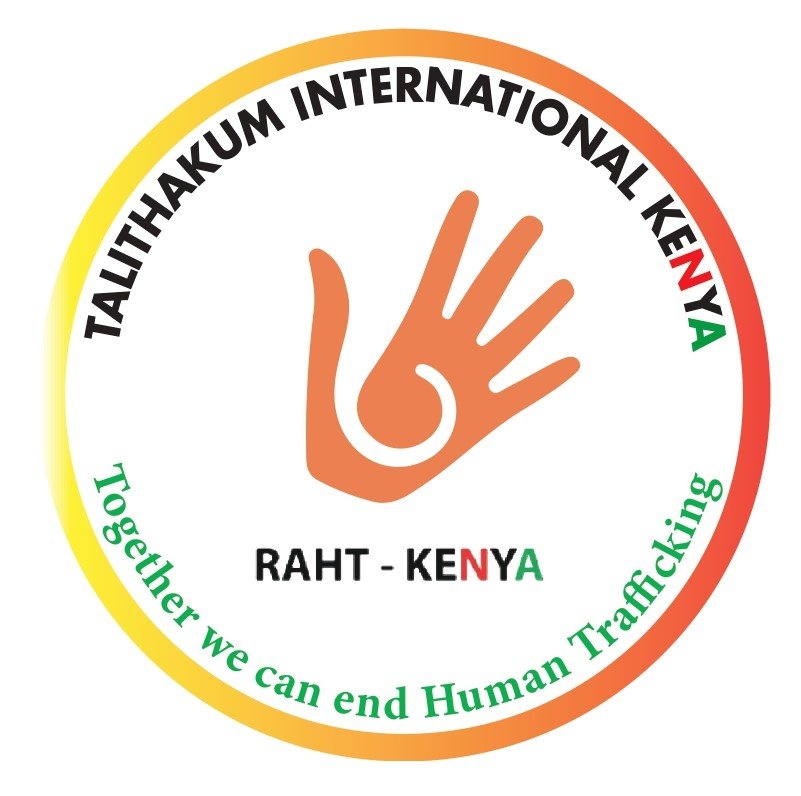

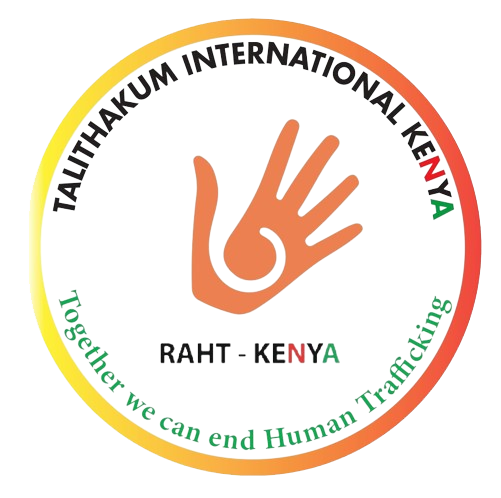
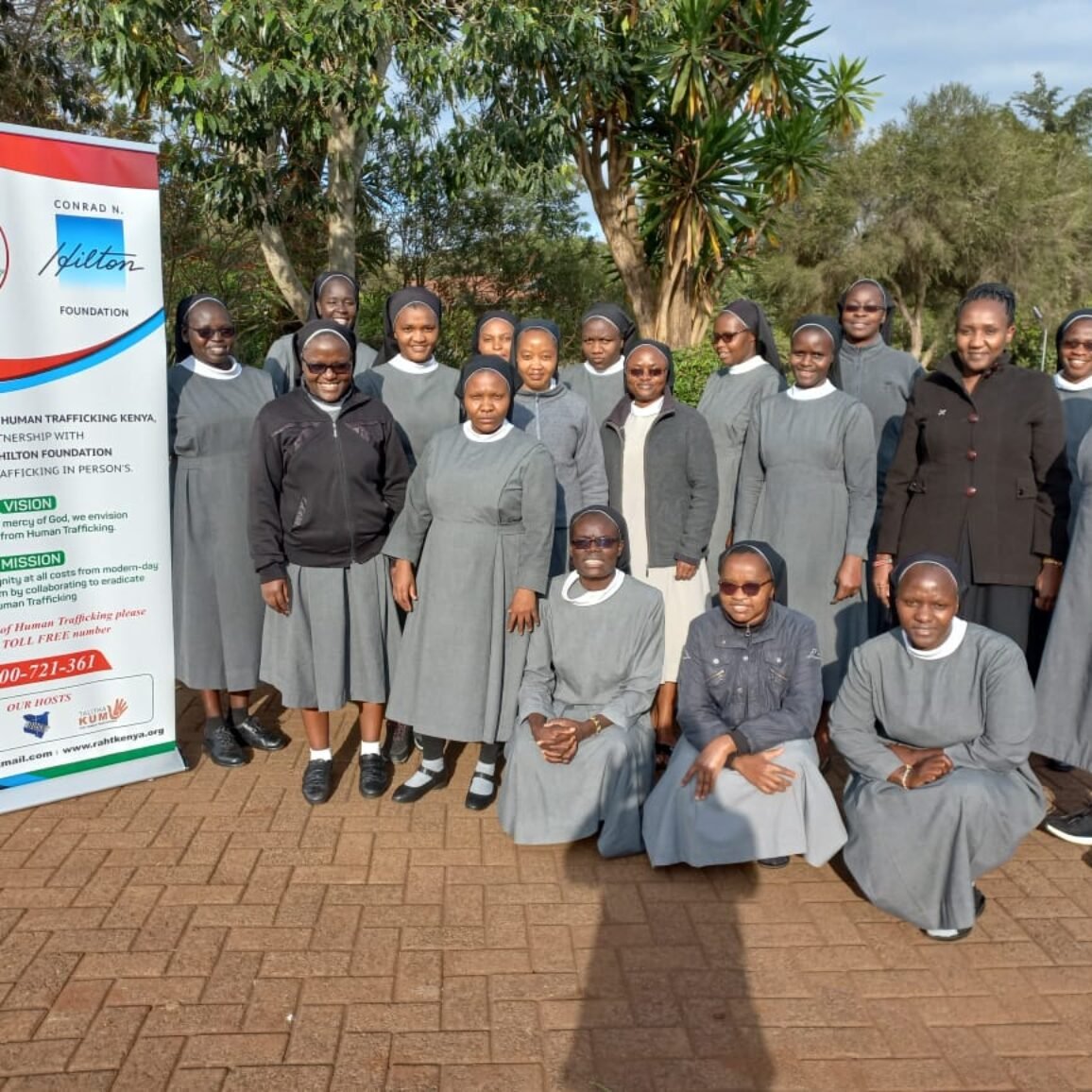
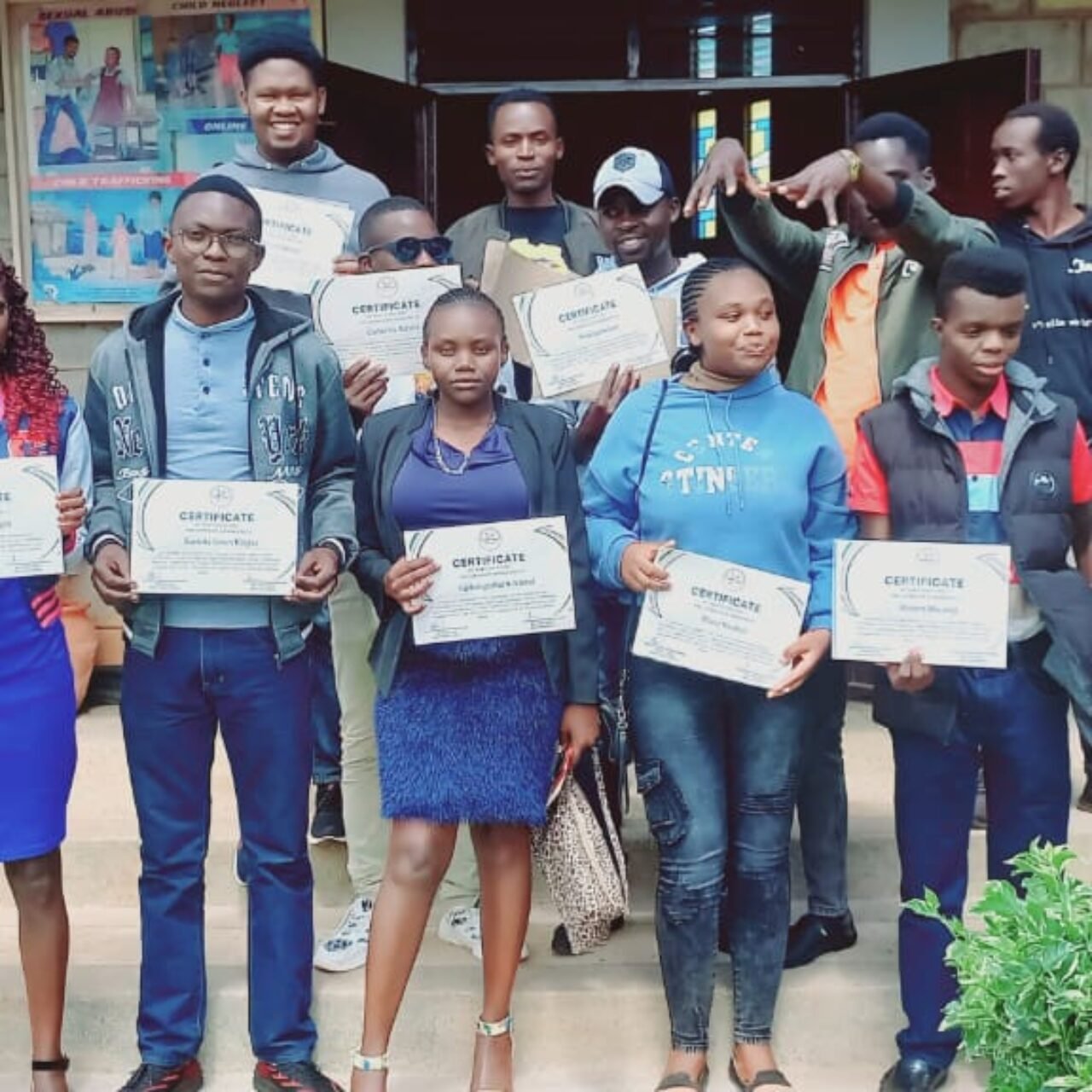

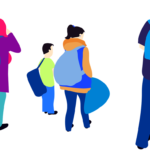
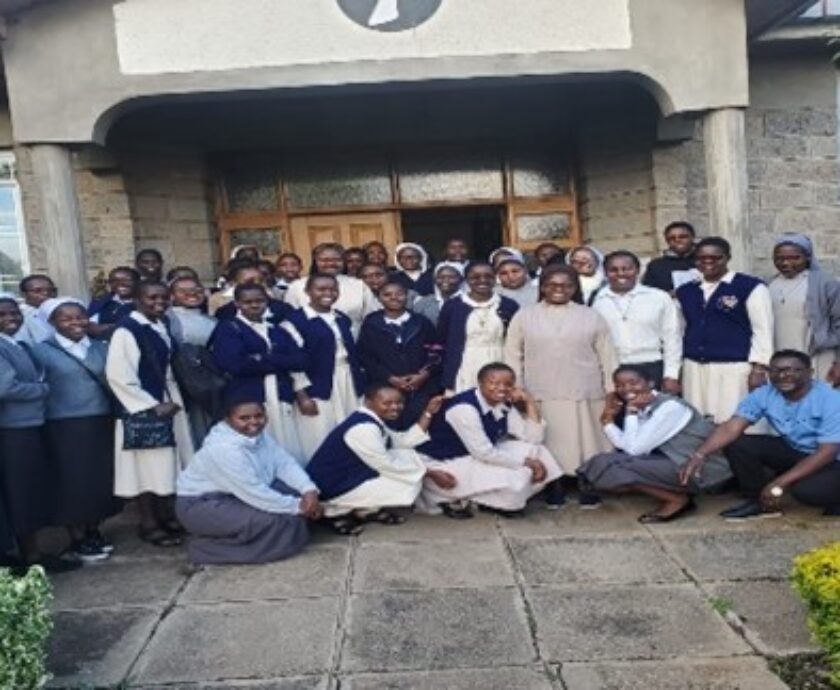
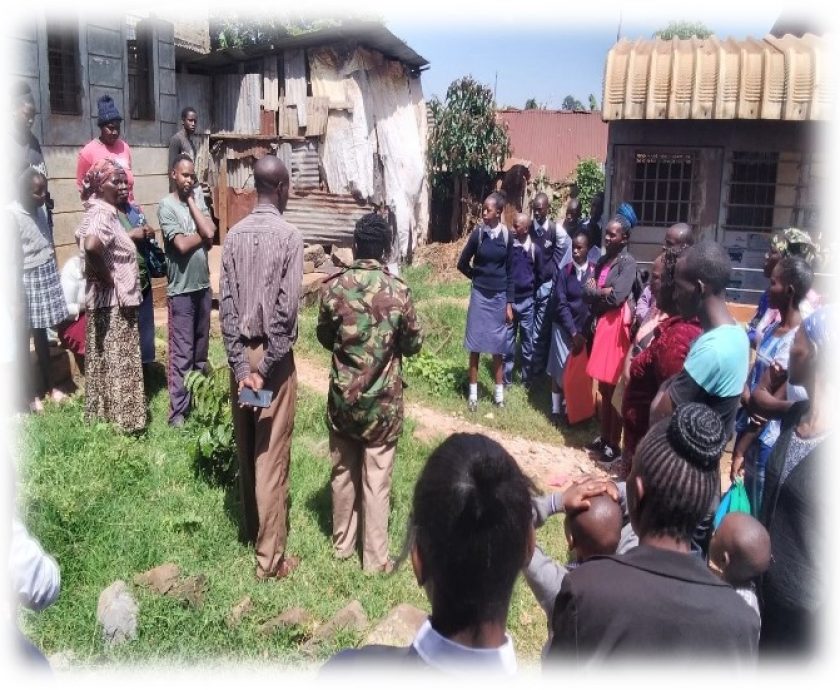
Guys, ssgame offered some solid gaming. The experience was smooth. I’d recommend you give it a shot. Solid option.
yz8ie8